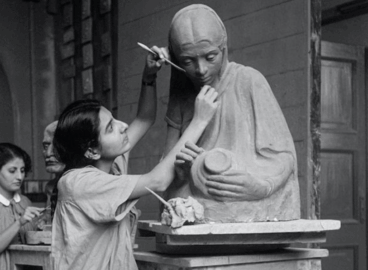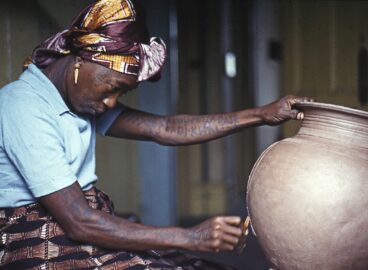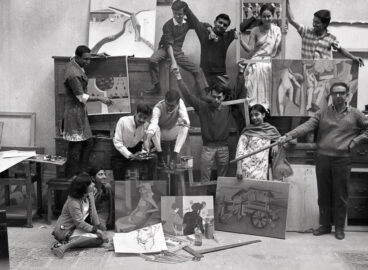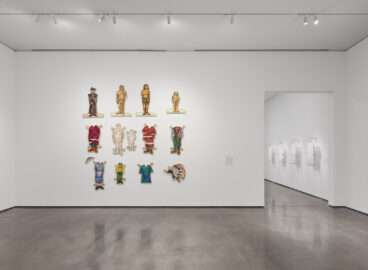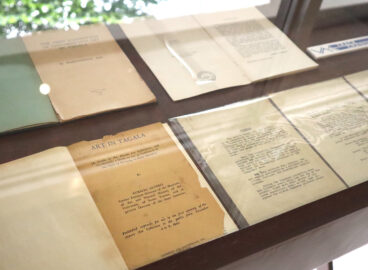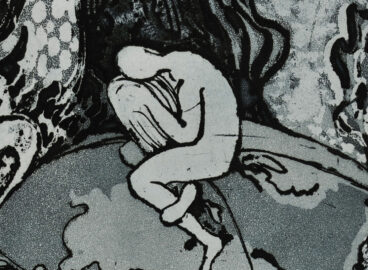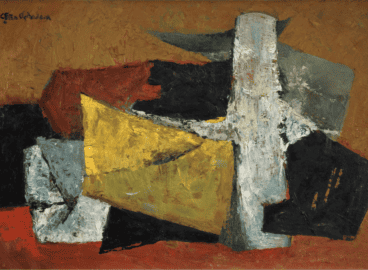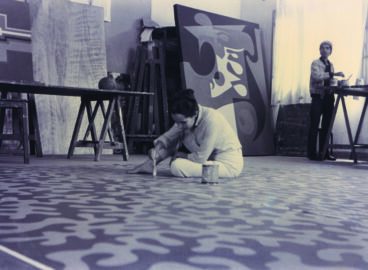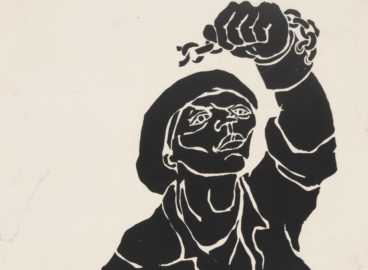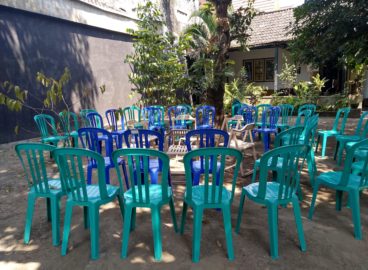Laboring and Learning: Live Models and Art Education at the Sir J. J. School of Art, Bombay, in the Long 20th Century
In looking at photographs of live models, plaster casts of Greek sculptures, and students on the website (figs. 1a and 1b) of the Sir J. J. School of Art (JJ) in Bombay (present-day Mumbai), one notices how the condition of the body and labor in relation to art is a haunting presence in 20th-century photography. Shot between the…
